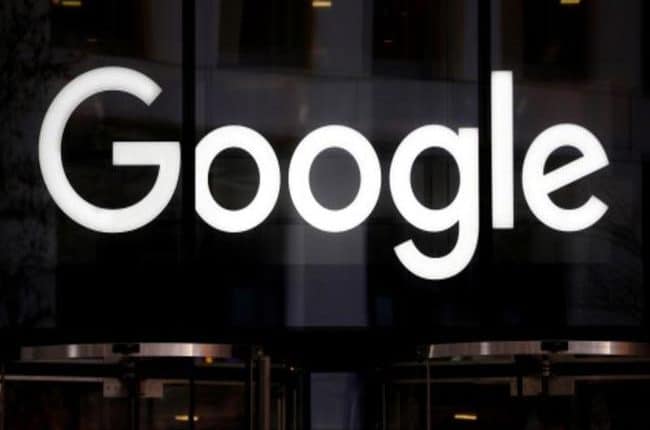Google’s AI experiment in the healthcare space is making some headway. It is making notable strides with the field-testing of Med-PaLM 2, the medical variant of its PaLM 2 language model. The AI model was first unveiled by Google at its I/O this year, and was presented as a rival to OpenAI’s powerful GPT-4 and the one pulling the strings behind Bard, Google’s AI chatbot and rival to ChatGPT.
According to media reports, Med-PaLM 2 is currently in testing at the Mayo Clinic research hospital, and is being used to provide answers to medical questions. The AI language model is said to have trained on a curated set of medical expert demonstrations to ensure it races ahead against rival chatbots, especially the likes of Microsoft’s Bing AI or OpenAI’s ChatGPT. According to an internal email, Google believes that the updated model can be a boon to users in countries with “more limited access to doctors.”
Google’s Med-PaLM 2 is designed to excel at answering medical queries by leveraging its training with medical questions, as well as perform tasks such as summarizing documents. So far, stands out from general-purpose AI algorithms in its ability to engage in in-depth conversations on healthcare topics. By leveraging its training data from medical exams, the chatbot is equipped to address a wide range of medical queries and provide relevant, informed responses. This targeted training sets Med-PaLM 2 apart, making it a potentially valuable tool for clinicians, researchers, and patients seeking accurate and trustworthy medical information. AI algorithms are already used in hospitals for specialized tasks.
Obviously, Med-PaLM 2 is not without chinks in its armour, and Google is to sort out issues like the occasional inaccurate answer, should they crop up. Nonetheless, it is the latest step in making AI doctors a reality and further blurs the lines between fiction and reality. It also remains to be seen how Google deals with the ethical considerations and privacy concerns that are likely to come up – for now, it seems that customers testing Med-PaLM 2 will control their data, which will be encrypted and Google will not have access to it.
Accurate AI chatbots and tools have the potential to revolutionize the healthcare industry across the world. By leveraging advanced conversational AI, healthcare providers can enhance patient engagement, improve access to accurate medical information, and streamline administrative processes. Additionally, AI-powered chatbots can alleviate the burden on healthcare professionals by providing timely and reliable support, reducing response times, and enhancing overall patient experience.
At this point, Med-PaLM 2 is still in its early stages, and Google senior research director Greg Corrado says that he believes Med-PaLM 2 “takes the places in healthcare where AI can be beneficial and expands them by 10-fold.”
The Tech Portal is published by Blue Box Media Private Limited. Our investors have no influence over our reporting. Read our full Ownership and Funding Disclosure →





